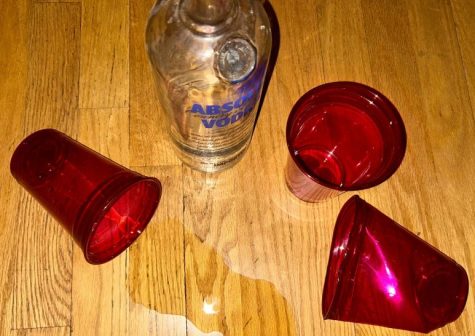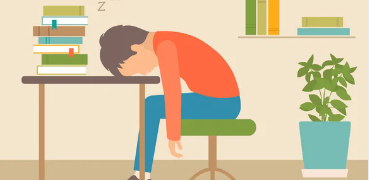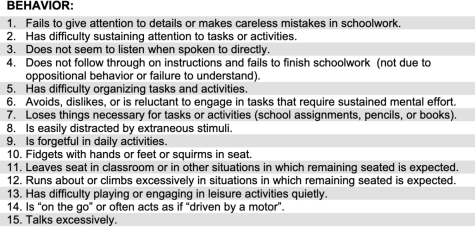Teens and alcohol: Delaying their drinking produces long-term physical and mental-health benefits
 It’s not just that your teen is drinking. The bigger issue with teenage drinking is that many kids drink to cope instead of learning to cope. And teens with mental-health problems often drink to self-medicate, camouflaging the symptoms of underlying issues that are developing. Studies show that the later kids start drinking, the less likely they are to ever develop a substance-abuse problem. So delaying or minimizing teen drinking has significant long-term benefits to their physical and emotional well-being.
It’s not just that your teen is drinking. The bigger issue with teenage drinking is that many kids drink to cope instead of learning to cope. And teens with mental-health problems often drink to self-medicate, camouflaging the symptoms of underlying issues that are developing. Studies show that the later kids start drinking, the less likely they are to ever develop a substance-abuse problem. So delaying or minimizing teen drinking has significant long-term benefits to their physical and emotional well-being.
When a teen drinks to cope with stress or alleviate boredom or temporarily lift feelings of depression, their brain is developing a reliance on alcohol, and they are developing a psychological reliance on drinking. In addition, because of the easy but temporary relief they get from the alcohol, they lose the impetus to also develop the healthy habits that help them cope with the underlying issue, habits that require more effort, like exercise, journaling, meditation, knitting or playing an instrument.
Think of it this way: If you have a stressful incident at work, maybe a conflict with a colleague, and you rush home to have a glass of wine or a cocktail to calm yourself down, do you wake up the next morning and spend time reflecting on your role in the conflict and how to better interact with that colleague? I don’t—because the bad feelings were dulled the night before and the conflict is no longer front and center the next day—so I move on, and the memory of the incident quickly fades. But that issue will likely crop up again, and I haven’t developed skills to manage it effectively or to deal with the feelings it generates—so the cycle of drinking to cope continues.
Kids drink more when their parents give them permission.
Another reason to delay your teen’s drinking is that common mental-health issues like generalized anxiety, panic disorders, depression and bipolar disorder usually develop in the teens and early 20s. Alcohol temporarily alleviates many of the worst feelings caused by those disorders. If a teen turns to alcohol repeatedly during this time, they mask symptoms of the underlying mental-health issue, making them far less likely to seek treatment for it. Without a diagnosis and professional treatment, the issue will almost certainly worsen. And then the child goes off to college or moves out of the home—they are trying to navigate the challenges of living independently for the first time, the stresses of school or work, the difficulty of making new friends and leaving high school friends behind—and the mental-health issue becomes a significant barrier to healthy functioning. But at this point, you’re not seeing your child often enough to notice or gauge the severity of the symptoms.
My three kids are in their mid-20s, so I can still remember the discussions my husband and I had about whether to let our teenagers drink. Should we let them drink because we think they’re going to do it anyway, and if we allow it, then we’ll know more about what they’re doing? Should we let them drink because we believe they are going to be drinking in college in a year anyway, so let them get used to it in the relative safety of our community? Here’s the problem with all of these rationales about giving kids permission to drink: Kids drink more when their parents give them permission. Because of this, I’m urging you to say no even if you’re willing to tolerate some transgressions. You can also say no but discuss what-ifs—how to handle situations with alcohol, that beer is generally safer than liquor, the urgency of getting adults involved in dangerous situations. You can say no but give your child some freedom to make decisions and mistakes. But, for the good of their long-term mental health and emotional adjustment to adulthood, I’m urging you to say no.
Resources about teens and alcohol use:
- Pelham Together’s Resources for Help and Support – Alcohol
- Pelham Together’s Resources for Help and Support – Co-Occurring Disorders
- Partnership to End Addiction (expert support for substance abuse prevention and treatment)
- Parent Helpline via text, email or phone (support for families dealing with a child’s substance use)
- St. Vincent’s Excel Program for adolescent addiction treatment
Melissa Ronan is an executive board member of Pelham Together and chairperson of its mental health committee. This article is part of a series Pelham Together is publishing for Mental Health Awareness Month.
















